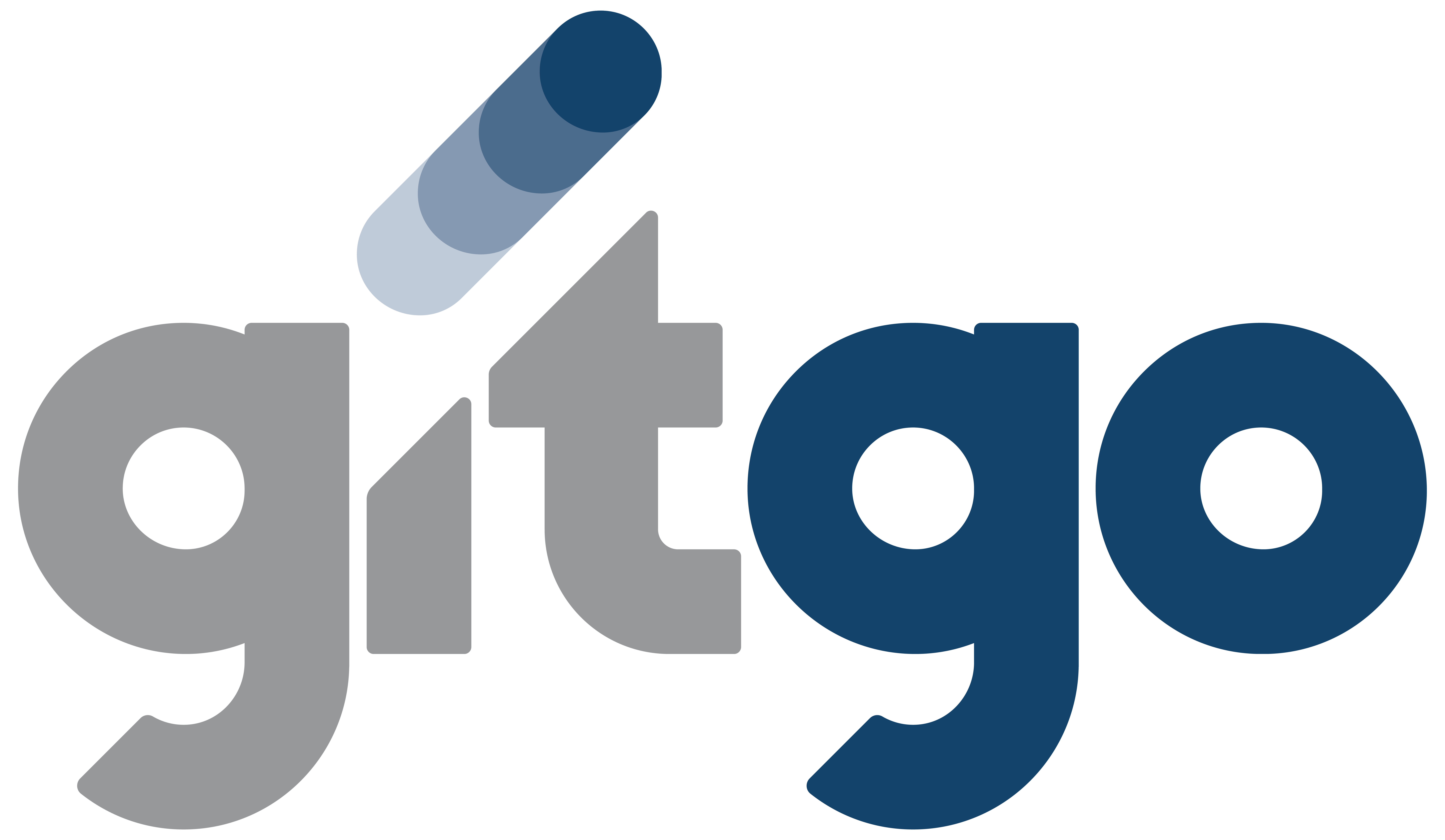RFP = Research, Fact-find, Prepare
Preparation is key to a successful RFP season.
RFP season for corporate transient business is right around the corner. I’m not so sure we can call it a “season” anymore, as the process lengthens each year. However, we typically see preparation with the major hotel chains begin in June or July. It’s not as simple as increasing rate over 2010 or just shopping your competitors’ rates. Regardless of the reports for a stronger 2011, clients will still be looking for value in their rates in 2011 and the negotiations will be competitive.
Here are some key items to ensure you’re prepared:
- Update all RFP sites with hotel profile information:
- Ensure your property is listed on ALL key sites used by your chain and customers
- Ensure information is consistent on all sites. Don’t ignore questions about green initiatives and safety.
- Complete “shop calls” of all competitors for specific accounts.
- Don’t just shop for rates; in 2010, value adds were big! Hotels were adding parking, breakfast, internet, transportation, upgrades and even cocktail hour to help show value in the rate and entice buyers.
- It is important to note that in many markets seasonal rates are popular, so shop calls should be done throughout the year, and not just right before rate negotiations begin.
- Try to make shop calls consistent by asking for specific rates and length of stay at all competitors. Have a strategy going in and know what you will be asking before the calls are made.
- Be aware of changes in your competitive set.
- Has a new hotel moved into the market?
- Has anyone completed a major renovation?
- Have they changed pricing of parking, internet or upgrades, etc?
- Have they changed their strategy with a specific key account or corporate travel in general?
- When was the last time you toured your competitive set?
- Review the year-to-date Hotelligence Report and complete a thorough analysis of the accounts.
- Prioritze the information from the report, as the information is vast and can become overwhelming to some managers. Do not get caught up in “analysis paralysis”. It’s important to DO SOMETHING with the information. Take Action!
- Review any new accounts from the report. Shop the competitive set for those accounts, research their local offices and why they travel to the market, uncover their feeder market office locations and touch base with any influencers locally or in those feeder markets.
- Review accounts you currently work with that you are not receiving fair share. Connect with travelers and influencers to understand where they are staying and why.
- Put a plan in place for your top target and key accounts, and stay focused on that plan. Too many sales professionals get caught up in the data and research and never get to the point of the sale or actions necessary to close the business on these accounts.
- Write a business case for any key global or national accounts that educates your company’s account manager on your hotel’s specific needs and strategy for the client. Remember that your key account manager probably has several hotels approaching them for help. Keep the business case concise and factual, and clearly state what you need from them.
Additional questions you must answer:
Is production up or down vs. last year? Do you know why? What are the peak seasons for your key accounts? Knowing this information will assist with setting a rate strategy for the new year.
Have a conversation with your clients to understand their expectations for 2011. RFP season should not be the only time of year you speak with your clients.
Preparation is key to a successful RFP season. Regardless of how much corporate transient business your hotel does in a year, you must have your homework complete before you receive your first RFP. This saves time, and ensures a smooth process. It will ultimately give you an edge versus the competition. <



